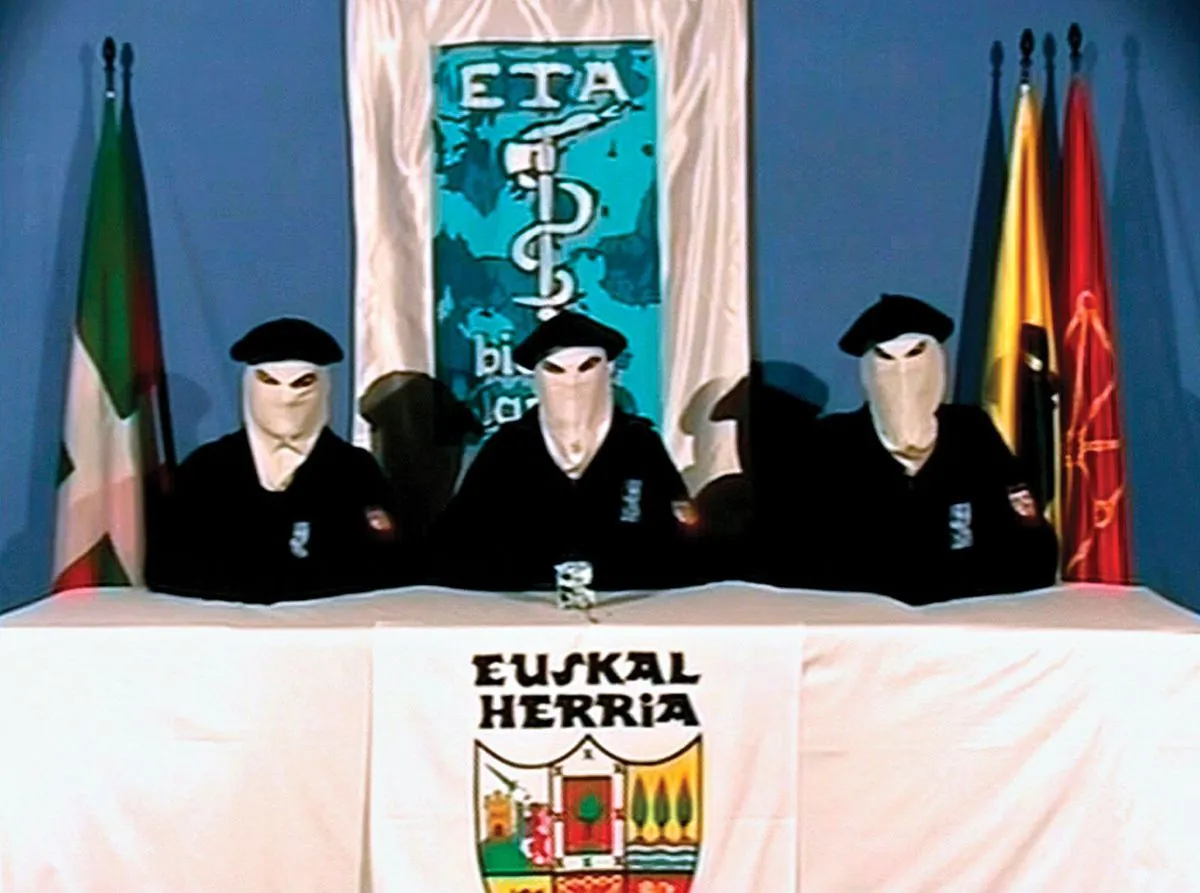Former ETA Leader "Txeroki" Transferred to Spanish Prison
Miguel de Garikoitz Aspiazu Rubin, ex-military chief of disbanded Basque separatist group ETA, has been moved from a French prison to Spain. The transfer marks a significant development in the post-ETA era.

Miguel de Garikoitz Aspiazu Rubin, known by the alias "Txeroki", has been transferred from a French prison to serve the remainder of his sentence in Spain. This development, reported on August 23, 2024, marks a significant event in the aftermath of the Basque separatist group ETA's dissolution.
Aspiazu Rubin, 51, was moved from the Lannemezan prison in the French Pyrenees to a facility near San Sebastian in Spain's northern Basque region. The transfer was confirmed by Spanish prison authorities, as reported by the state news agency EFE.
The former ETA military leader's relocation is in accordance with European Union law, which allows individuals imprisoned in one member state to request serving their sentence in their home country. This transfer comes six years after ETA's official dissolution in 2018, marking the end of Western Europe's last major armed insurgency.

Aspiazu Rubin's criminal history is extensive. In 2013, a French court sentenced him to 20 years in prison for various offenses, including the production of approximately 500 kg of explosives and the abduction of a Spanish family in 2007. His arrest in 2008 near the Spanish border was a significant event, as he was Spain's most wanted individual at the time due to his alleged involvement in a 2006 Madrid airport bombing that resulted in two fatalities.
In addition to his French sentence, a Madrid court in 2011 imposed a 377-year prison term on Aspiazu Rubin for 20 attempted assassinations, underscoring the severity of his actions during his time with ETA.
ETA, which stands for Euskadi Ta Askatasuna (Basque Homeland and Liberty), began its violent campaign for the independence of traditional Basque territories in northern Spain and southwest France in the late 1960s, during the final years of Francisco Franco's dictatorship. The group's activities spanned over five decades, resulting in more than 850 deaths in Spain.
"ETA has decided on the definitive cessation of its armed activity. ETA calls upon the Spanish and French governments to open a process of direct dialogue with the aim of addressing the resolution of the consequences of the conflict and, thus, to overcome the armed confrontation."
Throughout its history, ETA conducted over 3,300 attacks and was designated as a terrorist organization by Spain, France, the UK, the US, and the EU. The group's most deadly attack occurred in 1987 with the Hipercor bombing in Barcelona, claiming 21 lives. ETA's last fatal attack took place in 2010, and the organization officially disarmed in April 2017.
The Basque Country, home to approximately 2.2 million people, has a distinct cultural identity, including the unique Euskara language, which is unrelated to any other known language. Today, the region enjoys a high degree of autonomy within Spain, a stark contrast to the political landscape during ETA's active years.
As the Basque region continues to evolve in the post-ETA era, the transfer of high-profile former members like Aspiazu Rubin serves as a reminder of the complex history and ongoing process of reconciliation in the region.


































